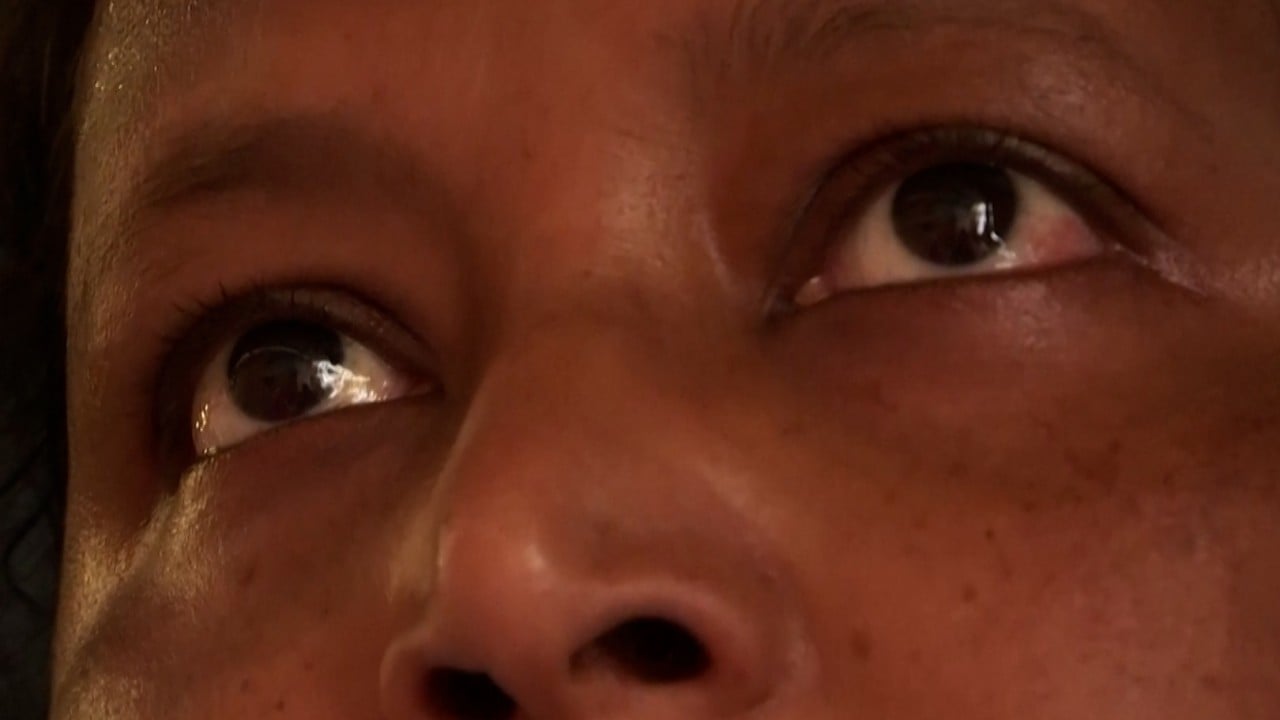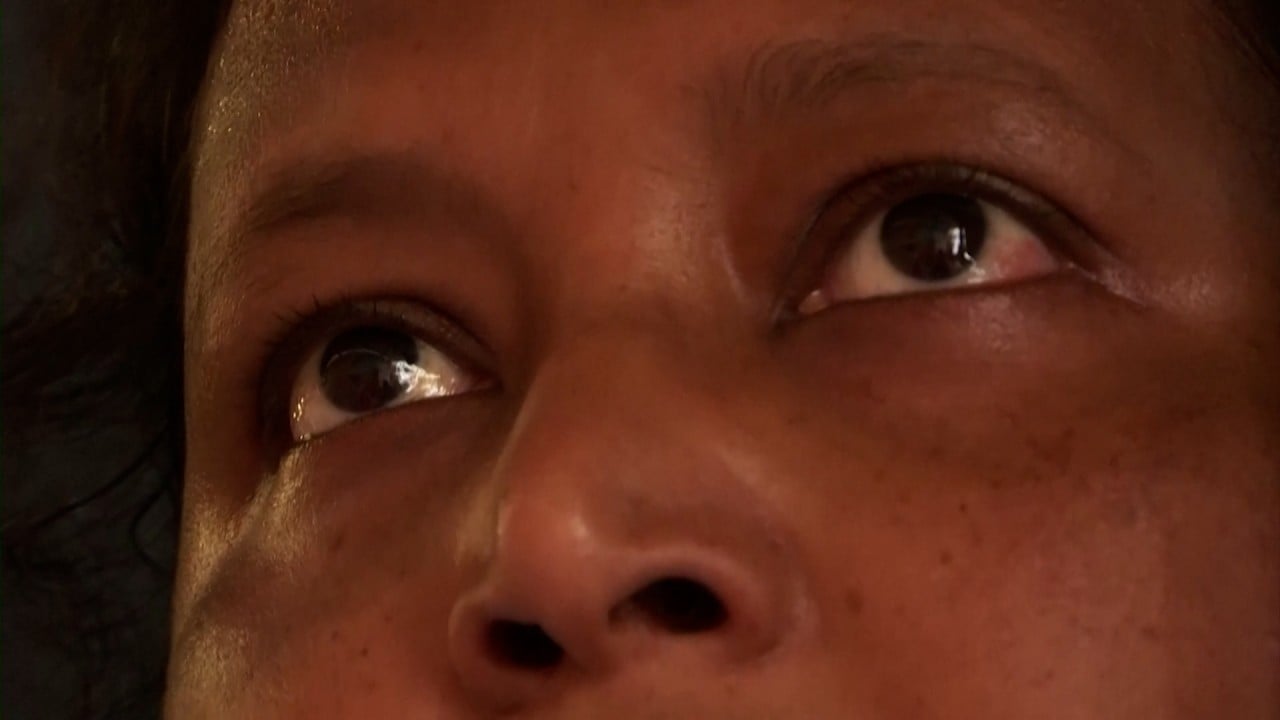As India continues to reel from the shocking rape and murder of a doctor in Kolkata, activists and lawyers say the country has to firmly tackle its high rate of sexual violence cases by introducing sweeping reforms ranging from enhancing the protection of women to changing cultural norms.
The tragedy has drawn comparisons with the infamous Nirbhaya case in 2012 when a 23-year-old woman was brutally gang-raped and murdered in a bus in Delhi, which led to widespread outrage and legal reforms.
However, campaigners point out that sexual crimes remain alarmingly common in India despite tougher laws, with significant gaps in enforcement and protection for vulnerable women particularly those from rural and underprivileged backgrounds.
Outrage over the 31-year-old doctor’s death on August 9 has fuelled nationwide protests and a week-long national strike by the Indian Medical Association that ended last week.
The doctor was found murdered in a hall of the hospital she was working at, with reports suggesting she had likely gone there to take a break after a long shift. Authorities have arrested a police volunteer for the crime and federal police have assumed control of the investigation.
In the wake of the horrific attack, doctors have demanded improved duty rooms, better security and for hospitals to be declared “safe zones” where on-duty staff can feel protected.
Campaigners note that such cases continue to be common despite legal reforms to combat sexual crimes.

“We see cases like these and get calls on our helpline every single day,” said Yogita Bhayana, an activist with the People Against Rapes in India (PARI) organisation.
The scale of the problem is evident from official data. In 2012, India’s National Crime Records Bureau (NCRB) showed police recorded around 25,000 rape cases nationwide. The latest NCRB data from 2022 shows the number jumped to over 31,000 reported cases despite tougher laws implemented after the Nirbhaya case.
The 2022 number translates to a rate of about 1.8 rapes per 100,000 people in India. Globally, countries like Sweden, the United States and the United Kingdom have reported higher rates although experts partly attribute that to broader definitions and more inclusive reporting practices. For example, Sweden reported an average of 64 rapes per 100,000 inhabitants for the years 2013-2017 but the country is also known for having a comprehensive legal definition of rape.
Senior criminal lawyer Rebecca M. John, who has represented rape victims in her practice, said the reported statistics on sexual violence in India did not reflect its true extent.
The documented cases of sexual violence across the country might be just the “tip of the iceberg” given the widespread under-reporting of assaults against women from the country’s rural and underprivileged communities, she said.
“Rural women, women from tribal communities and women from oppressed classes can face this kind of violence on a daily basis and no attention is given to them,” she added.
For women in urban areas, there were also concerns of reprisals in the workplace if they were to speak out about such issues, said Praveena Kodoth, a professor researching gender at the Centre for Development Studies in Kerala.
“Women who complain are targeted and fear being ostracised because the men involved are powerful,” Kodoth said. “Women need safe infrastructure in workplaces. This is a huge problem.”
Significant steps were urgently needed to improve public education about such issues and strengthen workplace complaint systems to encourage women to speak out against sexual crimes, she added.
Ineffective policing
Since the Nirbhaya case in 2012, authorities have implemented harsher legal penalties for sexual offences including a minimum jail sentence of 10 years for rape that can be extended to life imprisonment or even the death penalty for cases involving victims under 12 years old.
Lawmakers have also introduced other reforms such as expanding the definition of rape to encompass non-penetrative acts, establishing fast track courts to expedite rape cases and lowering the age threshold so that 16-year-old offenders can be tried as adults for such crimes.
John noted, however, that there were still issues with the prevention, effective policing and proper investigation of violence against women as shown by the low rape conviction rate for such crimes.
Government data shows the conviction rate for such cases in India hovered at 28 per cent between 2018 and 2022.
We are looking for answers and action. We are not just looking for sympathy
Activists say that many of these cases have been overturned by courts over a lack of evidence, which they attribute to inadequate police investigations and evidence collection in the preliminary stages.
There is also a bottleneck of cases yet to be concluded in the courts, according to Bhayana.
“Even though there are new reforms in our law, the implementation seems to be very poor,” she said. Policymakers and authorities often offered mere lip service when national outrage erupted over cases like the one in Kolkata, she added.
“We are looking for answers and action. We are not just looking for sympathy.”
Deep-rooted issue
Following the horrific murder in the Kolkata hospital, India’s top court said that the brutality against the victim had “shocked the conscience of the nation”.
“If women cannot go to a place of work and be safe then we are denying them the basic conditions of equality,” said Chief Justice D Y Chandrachud, who headed a three-judge bench of the court, which also ordered the creation of a national task force to examine how to strengthen security for healthcare workers.

According to criminal lawyer John, the cases of sexual violence in India arose in part from social, political, economic, and cultural factors.
“But the larger issue is that this is still a patriarchal society which is unable to come to grips with women who are exercising their agency and autonomy now that they are out in the workplace and economically independent,” John said.
“I think men find it difficult to accept this new ‘Indian woman’ and rape becomes a weapon,” she added.
Ultimately, campaigners and activists say that the root of the problem lies in how women are fundamentally viewed and valued within Indian society – an issue that needs to be addressed at the household level and through education in schools.
“Families need to think differently about the way that they treat their sons as opposed to their daughters. Unless that changes, unfortunately, we may continue to see cases of this nature,” John said.



